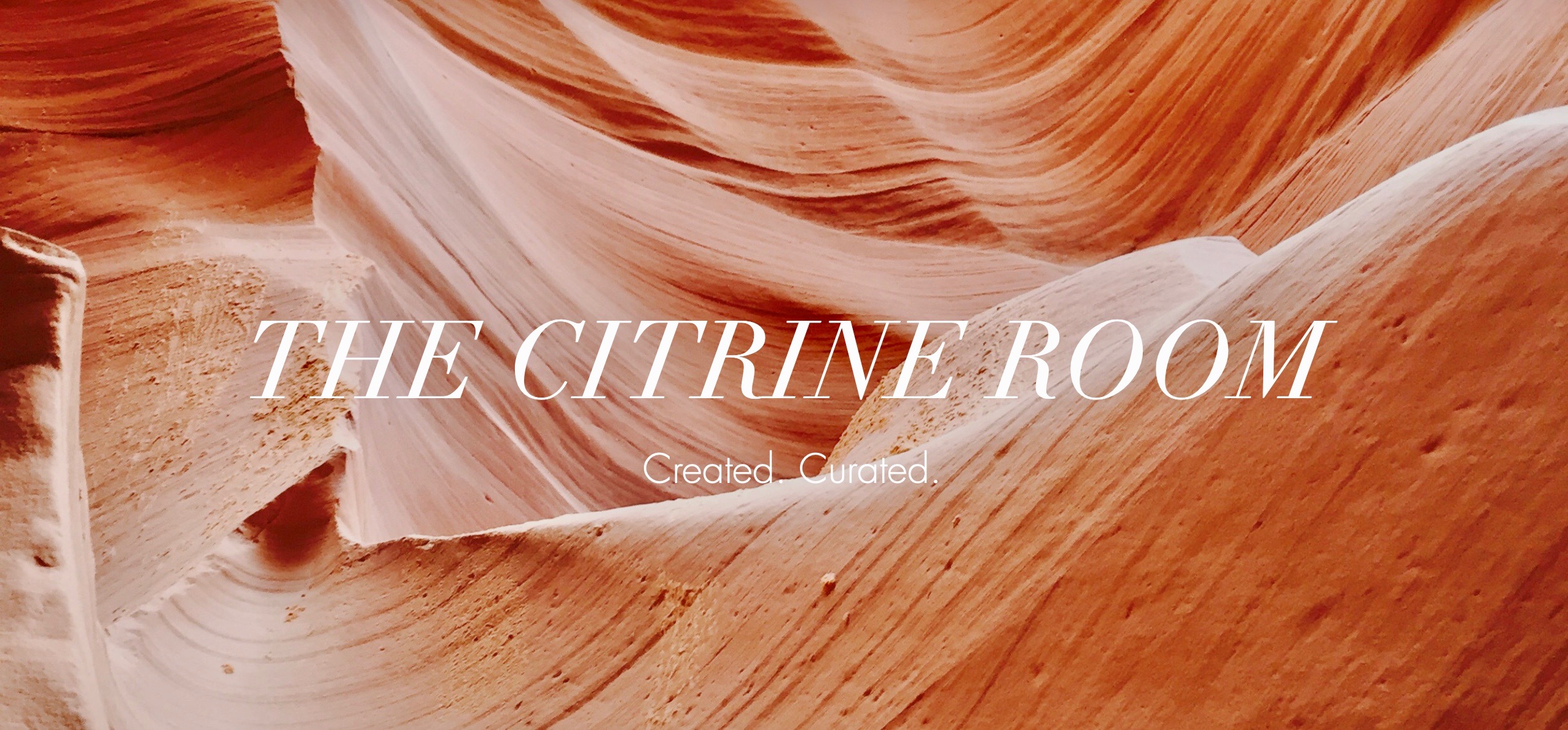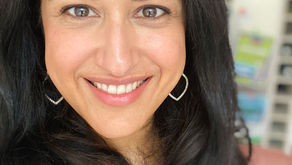What is Normal?
- MR

- Aug 14, 2020
- 7 min read
Updated: Nov 3, 2020
In this pandemic/post-pandemic time, I've been hearing from friends and acquaintances how they would love for life to go back to "normal". I've also been hearing a lot about how life as we live it today is being described as the "new normal". The thing is, I've never really understood what normal actually means.
The dictionary defines normal as "conforming to a standard; usual, typical, or expected; or expected state or condition." I think you can see where I'm headed with this. Normal, as we see it, is a state of being that had once been defined by an arbitrary person, group of people, or system. Normal, as we see it, is a state of being that had once been defined by a time, a generation. What's missing from this definition is the evolutionary nature of life, the evolutionary nature of human beings, and our needs in an ever-changing society.
You see, up till now, normal meant that working hard till we dropped was a definition of success. Working 9-5 was the way it had always been done so there was no need to explore other options. Normal meant growing up, getting a good job, getting married, having kids, moving to the suburbs, having a two week holiday once or twice a year, etc etc. Normal meant accepting the status quo whether it was in politics, in employment, in relationships, in life. But normal, for me, is a loaded word. I don't like it because frankly, to me, it doesn't mean anything. What I would consider normal, someone else won't. So why do we even keep thinking there is a level, a standard that we should all we be trying to live up to? Why is normal, the way it is currently defined, considered gospel?
I realised that we put people, life in general, into two categories: normal--doesn't need to be fixed, it's contained in a box; and not normal---needs to be fixed or dismissed, it's outside of the box. Let's explore that further. Normal in what had been defined by society was capitalism where a few people held the reins to the world's wealth, that dictated how people were meant to be governed, that corporations maintained an industrial era work module thinking that the 8 hour working day 5 days a week was the only road to profits, that opportunities only went to a certain type of people (gender or race), that the family structure had to look and act a certain way, that human beings had limited paths to happiness, and happiness was defined by someone or something else.
Growing up, I had always yearned for a "normal" life. When I was a kid my mother worked a lot. She loved my brother and I fiercely but she was also a very independent, ambitious woman. She ran businesses while working as an executive for another company. Six and half days a week were dedicated to her work. For me, I desperately wanted a mother who was at the school gates waiting to pick me up. Back then, I didn't appreciate what she was doing for us as a family, what she was doing for me in showing me how to be strong and determined. How to live life according to my own rules, my own norms. She was doing something that wasn't considered normal back then.
She got married at the age of 30--highly abnormal in Indian culture, and her husband, my dad, moved to Hong Kong to be with her. In fact, both my parents shunned what was considered the normal thing to do, which was to move in with my father's parents and live in a home in India while he went off to work. They wanted to do things their way. Even my dear aunt, who recently passed away at the age of 86, lived a life that many considered to be so far from normal. She never married, she never had kids. She moved out of the family home in her 20s, left Hong Kong and chose to live in Mumbai where she worked for a few years. She would then decide to move to Toronto in the late 70s. She was happy living her own life, her own way. And when she died we took comfort in knowing that she seemed content with her choices, never regretting not taking any paths in which she had no interest.
It always felt uncomfortable for me to follow any predictable path. From my career to my personal life, I always felt it imperative that I did things my way. It kind of felt like it was in my DNA to not take "normal" at a face value.
So when my husband and I decided to leave the rat race for a quieter existence, it didn't feel like this massive undertaking, not for me anyway, even though we were told that it was not the normal thing to do. In fact, we were considered outliers for choosing a life away from the traditional road to success. It wasn't normal to take a break at the height of our careers and slow down. It wasn't considered normal to try and find a way of earning where we could work from home and be with our son. We were often asked about our life in the countryside, "what do you actually do there?" As if this existence was too abnormal and alien to understand. As if life in the bright lights of the big city was all there was to happiness and fulfilment.
All I know is how I feel and how I feel is that the life I was leading before we moved was starting to feel abnormal to me. The rushing around never having any quality time for anything really--not family, friends, even for myself; the climbing of professional ladders that never seemed to have a peak, and this sense that I was a hamster on treadmill going nowhere. I am grateful for that time, that chapter because it forced me to take my feelings seriously. It forced to question that nagging feeling in my gut asking me "is this all there is?" And this is after I had earned the privilege of hosting two high profile shows on a high profile network, meeting high profile people. This was the time when I was seen as being successful, worthy even, normal. Yet inside, I felt anything but.
It was only when we finally took a breath and looked out our window that opened up to the stunning views of the rural life in southern England did I actually feel a semblance of normality. Normality for me felt like I could breathe, that my life and soul felt like they were in focus--like those plus signs on the camera that needs to match up in order to give a crystal clear image. And as I was driving in the rain today, through tree lined roads, farms and villages, to the McDonald's to get my son a naughty treat, I felt myself smile. Normality feels like I am exactly where I am meant to be.
My husband and I aren't delusional. We don't live in fairy land believing that we can grow the money trees in our back garden. We know we have to work but we are defining it in a way that works for us. We have a business and our goal has been to provide world class experience in content and storytelling to businesses that wouldn't necessarily have the means to afford to hire big city agencies to help with their marketing and communications. Every business owner we have met so far, no matter how big or small, wants to succeed in a way where what they do provides good jobs for their employees so that they can live lives of meaning. And we want to help them do that. We know how to build and define narratives because that's what we did as journalists. Now we are helping businesses of all sizes do so in any capacity we can because we believe in their dreams. They can't afford big city agency prices and that's not who we are either. We believe in being part of a community of like minded people who believe in a more wholesome, organic existence. If we help it grow and prosper by helping its residents and business owners, then so will we. Fingers crossed.
I recently watched an incredibly inspiring TED Talk by the founder and CEO of Chobani yogurts Hamdi Ulukaya who said, "It's time to admit that the playbook that guided businesses and CEOs for the last 40 years is broken. It tells you everything about business except how to be a noble leader. We need a new playbook. We need a new playbook that sees people again.That sees above and beyond profits.In the movies, they have a name for people who take a different path to do things right. They call them "antiheroes." I think we need the same idea in business.We need anti-CEOs, and we need an anti-CEO playbook...The new anti-CEO playbook is about community. Today, the businesses that have it all ask communities, "What kind of tax breaks and incentives can you give me?" The reality is, businesses should go to the struggling communities and ask, "How can I help you?" And that is what we believe in too. It may not be the normal way to building a balance sheet that's in the black, but it is a necessary way to building a life that's full of colour.
As the world starts to redefine normal with remote learning, working, and work/life integration, we can't forget the humanity needed for our lives to really feel the change. I have come to learn that normality isn't defined by politics, society business, religion, culture, race, or science despite what we have been taught. Normality for me is the state of mind where there is the freedom to explore, question, and live in a way that is healthy for mind, body, and soul. A way in which there is a genuine connection and contribution to ourselves and our fellow beings. So no, I don't want life to go back to the normal as we have known it. And a new normal for me can only be defined by a way of life that is healthy for the individual and the collective. One where we look out for each other. That is the definition of normal I can live with. That is the normal I want my son to come to know.
Monita xo









Comments